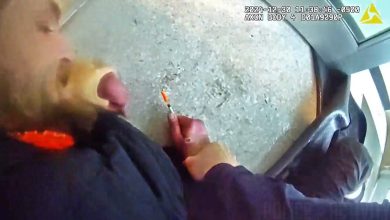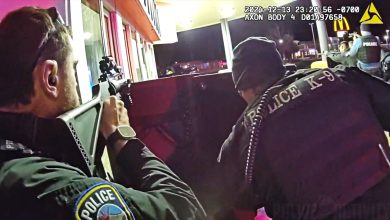Colorado Demands Dairies Test Milk Samples For Bird Flu As Mammal Spread Increases

On Monday, Colorado state veterinarian Dr. Maggie Baldwin issued an order that licensed dairies in the state must submit weekly samples of their milk to test for H5N1 bird flu, also known as highly pathogenic avian influenza. If a dairy’s sample comes back positive, the Colorado Department of Agriculture will order the facility to quarantine its cattle.
This news comes as reports begin to surface of the bird flu outbreak maintaining a sustained spread from mammal to mammal. According to Newsweek, this development has seen the virus spreading between cows and even jumping to other animals, including cats and a raccoon, according to a new study.
Rising Cases of Bird Flu in Mammals Sparks Concerns Of Human Transmission
Batch-testing milk is easier than swabbing individual cows for the bird flu virus. Research on dairy products available in grocery stores found that the virus doesn’t survive the pasteurization process.
Diego Diel, an author of a study showing mammal-to-mammal bird flu transmission, and associate professor of virology at Cornell University, stated that while whole genome sequencing did not reveal any mutations making bird flu more transmissible to humans, the data is concerning as it suggests the virus may be adapting in mammals.
“The concern is that potential mutations could arise that could lead adaptation to mammals, spillover into humans, and potential efficient transmission in humans in the future,” he said in a statement.
Colorado Disaster Declaration Over 5 Bird Flu Cases
According to a report by The Denver Post, avian influenza typically circulates in wild birds, which occasionally pass it on to poultry flocks. Earlier this year, the virus spilled over to dairy cattle in Texas, most likely from wild birds. From there, it spread from herd to herd across a quarter of the country.
In a news release Tuesday, Baldwin said the state’s previous strategy of more limited testing wasn’t working, as evidenced by two confirmed spillovers from dairies to poultry operations, and a third possible spillover. Genetic testing for subtle changes in a virus allows scientists to map whether it came from another herd or from wild birds.
“We have been navigating this challenging, novel outbreak of (highly pathogenic avian influenza) in dairy operations for nearly three months in Colorado and have not been able to curb the spread of disease at this point,” Baldwin said in the news release. “We have seen devastating impacts of this disease not only to our dairy industry, but our poultry industry as well. With the strong support of the dairy and poultry industries, we feel that this is the best next step in order to protect these vital industries in our state.”







